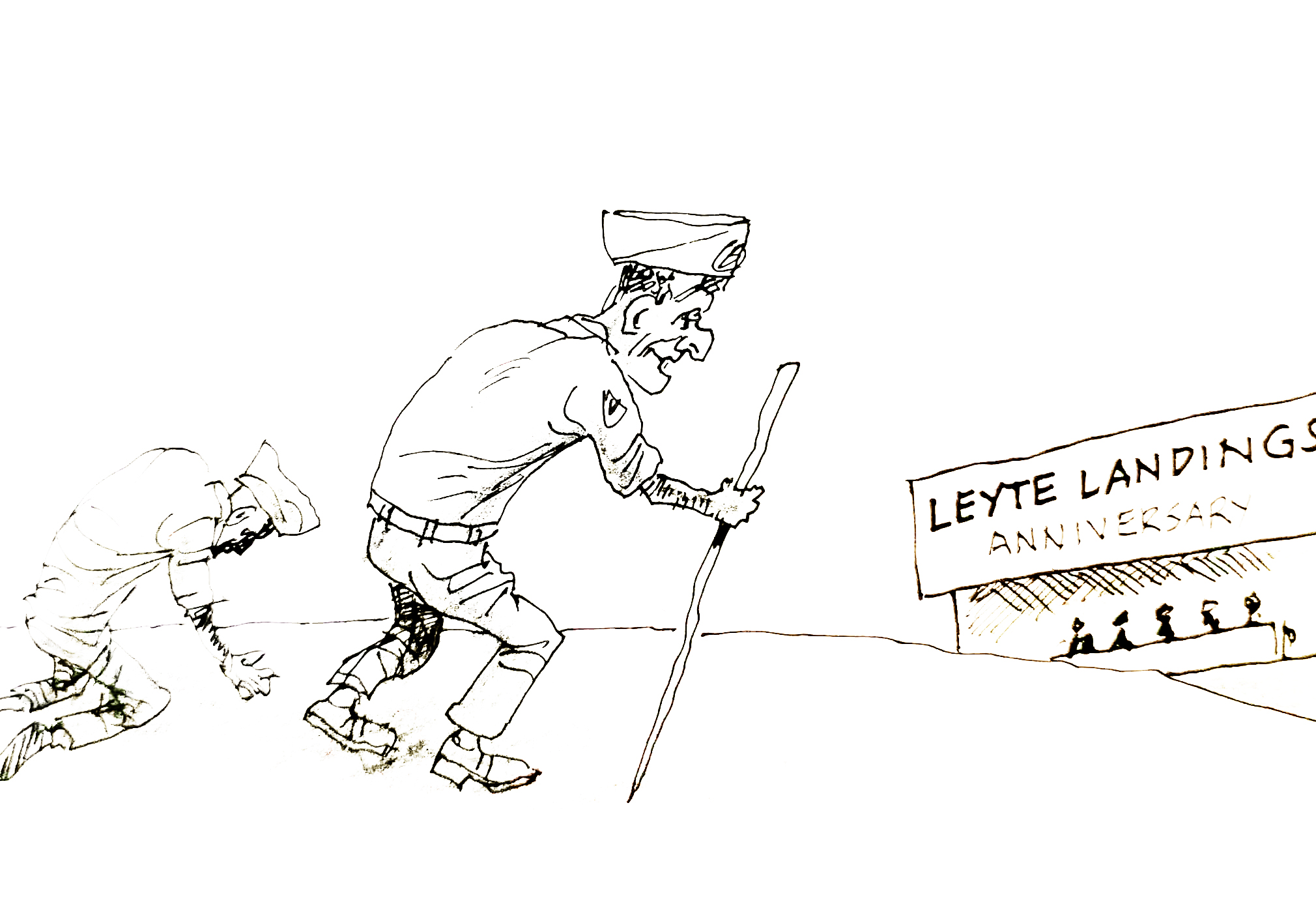BORONGAN CITY-About 287 farmers and fisherfolks from various parts of Eastern Samar benefited from the various extension projects of the Eastern Samar State University (ESSU).
These projects are under the banner program of the university dubbed as “Infusion of Community Empowerment Interventions thru Science and Technology (CEST),” a joint undertaking with the provincial office of the Department of Agrarian Reform (DAR) and funded by the Department of Science and Technology (DOST-8).
Dr. Katherine Añosa, the director of the Training & Extension Services Office (TESO) of ESSU, in an interview, emphasized the importance of these collaborative extensions and community development projects launched by ESSU, DOST, and DAR.
“With regard to our selfless efforts in imparting knowledge and skills to the community, I can say that the extension programs of the ESSU are felt by our beneficiaries. We were able to uplift their livelihood, provide them life skills, give them the needed technology for their crafts, and provide technical assistance to various barangays,” Añosa said, adding that the target beneficiaries immediately embraced their programs.
This program aims to address economic development, health, environmental protection and conservation, human resource development and disaster risk reduction in seven farmers and fisherfolks associations registered by DAR, namely: San Gabriel ARB Cooperative (SGARBC), San Gabriel Integrated Farmers’ Association (SAGIFA), Borongan Cacao Producers and Processors Association (BCPPA), and Balacdas Vegetable Farmers’ Association (BVFA), all in Borongan City.
It also includes three organizations in key service areas such as the Organisasyon ng mga Mahihirap ng Trinidad (OMANGAT), an island barangay in Guiuan town; Pinag-isang Mangingisda ng Arteche Consumers Cooperative (PIMACC) in Arteche; and Madre Ignacia Women’s Association Producers Cooperative (MIWAPC) in Llorente.
Vicente Cada, SAGIFA president, narrated how the ESSU-led extension programs have substantially improved their livelihood.
The organization was a recipient of egg-laying facilities worth P250, 000 funded by the DOST under CEST, and implemented by ESSU.
“The training provided by the College of Business Management and Accountancy and the College of Agriculture has greatly helped us in starting our business. As of now, our production is not yet able to meet the demand of our customers. We supply various stores within Borongan City,” Cada said in the vernacular.
Some of the major activities that benefitted the farmer-beneficiaries included the conduct of the “buntis’ congress in Barangay San Gabriel, Borongan City led by the College of Nursing and Allied Sciences (CONAS) on June 22.
This aimed to increase health awareness among pregnant women and avoid cases of infant mortality in the community. These health education activities were complemented by a training program on the preparation of medicinal plants as immediate first aid resources and as treatment for community-related diseases.
With the Department of Health (DOH) approving their safety and efficiency, the faculty and extension workers from CONAS introduced to the community the medicinal properties of plants such as akapulco, guava, and ampalaya, among others.
Meanwhile, for other farmers, construction materials needed for goat production were provided to the beneficiaries from barangays Balacdas and Calicoan in Borongan City on September 26, 2022. This is eyed to address the increasing demand for goat meat in the local market.
In the case of fishermen’s organizations, an assessment was conducted on July 30, 2022 to provide science and technology assistance to members of the Pinag-isang Mangingisda ng Arteche Consumers Cooperative (PIMACC) in Arteche.
This is in line with their aim of establishing a seaweed cracker production facility in the northern part of the province. Similarly, a smoked-fish processing project is set to be established in Trinidad, Guiuan through the members of the Organisasyon ng mga Mahihirap ng Trinidad (OMANGAT) Fisherfolks Association.
Funded by the DOST, the fisherfolks will receive technical assistance both from ESSU and DOST in order to realize the said project given the abundance of fish as raw materials in the area.
By collaborating with DOST, DAR, and other agencies, these ongoing extension and community development programs are part of the overarching goal of ESSU under the leadership of university president Dr. Andres C. Pagatpatan, Jr., to improve the lives of Estehanons.
(MARK VAN P. MACAWILE, contributor)





